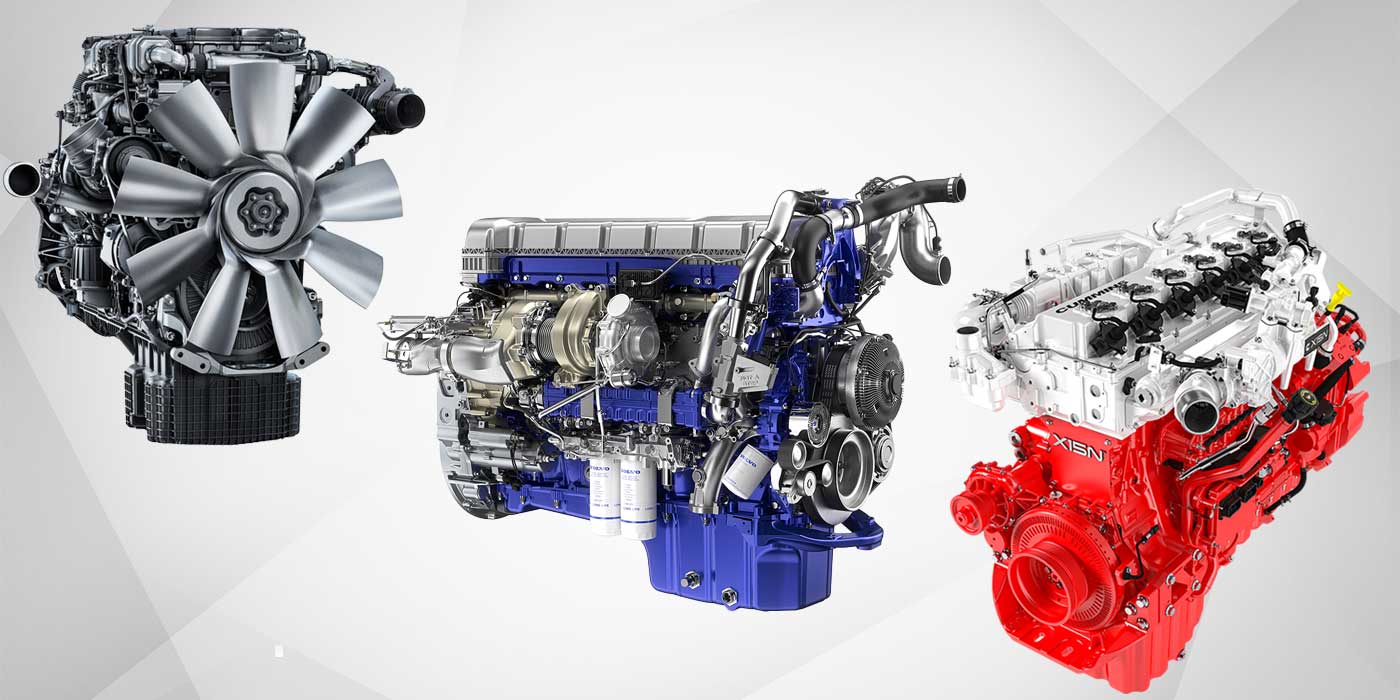What Sets Engines For Africa Apart in the Industry
What Sets Engines For Africa Apart in the Industry
Blog Article
A Full Guide to Choosing the Right Engine for Your Project
Choosing the proper engine for your task is a crucial choice that can significantly affect its total success. Each of these components plays a pivotal duty in making sure that your selected engine not only satisfies instant purposes but likewise straightens with long-term goals.
Define Your Task Requirements
Defining your task requires is a vital step in selecting the suitable engine for effective implementation. A thorough understanding of your project's objectives will certainly guide you in determining the functions and capacities called for from an engine. Begin by detailing the extent of your task, including the desired capability, target audience, and the certain end results you aim to accomplish.
Next, take into consideration the technical needs that line up with your project objectives. This includes assessing the compatibility of the engine with existing systems, along with the programming languages and structures that will be used. In addition, assess the degree of scalability required to suit future growth or adjustments popular.
Spending plan constraints also play an important function in defining your job needs. Establish a clear monetary structure to guide your decision-making procedure, making sure that the engine picked fits within your budget plan while giving the needed capability.
Evaluate Performance Requirements

Engines that sustain horizontal scaling are frequently preferable for bigger applications. Additionally, assess the engine's performance under various conditions, such as peak use situations, to guarantee it meets your reliability requirements.
Consider Convenience of Usage
While technical specifications are crucial, the simplicity of usage of an engine can considerably affect the development procedure and overall project success. An intuitive interface, clear documents, and structured process can drastically lower the knowing contour for developers, enabling them to concentrate on creative thinking and problem-solving instead of facing facility devices.
When assessing an engine's convenience of use, take into consideration the onboarding experience. A well-structured introduction, total with tutorials and example projects, can help with a smoother shift for brand-new individuals. Furthermore, the quality and comprehensiveness of the engine's documents play a vital role; extensive overviews and API referrals can empower programmers to repair and implement features efficiently.
An engine that allows for very easy alterations can be extra user-friendly, as developers can customize it to fit their specific needs without considerable problem. Eventually, picking an engine that prioritizes convenience of usage can lead to an extra delightful and productive development experience.
Assess Community and Support
The stamina of an engine's community and support network can substantially influence a designer's experience and success. A lively community typically indicates a riches of common understanding, sources, and repairing help that can boost your job's advancement process. When assessing an engine, consider the size and activity degree of its area. Larger communities generally offer much more discussion forums, tutorials, and third-party plugins, enabling programmers to locate solutions a lot more successfully.
Furthermore, evaluate the availability of official assistance channels. Dependable documents, receptive customer support, and normal updates are essential for attending to technological problems and keeping your job on course. Engines For Africa. Active communities also foster cooperation, giving possibilities for networking and responses, which can read review be invaluable, especially for independent developers or little groups
Furthermore, explore the visibility of community-run occasions, such as meetups or hackathons. These gatherings can enhance your understanding of the engine while connecting you with potential collaborators and knowledgeable individuals. In summary, a robust area and support system not just streamline advancement however also produce an environment helpful to finding out and advancement, eventually improving the probability of your job's success.
Compare Cost and Licensing Alternatives
Budget considerations play a critical function in choosing the right engine for your project, as the price and licensing alternatives can dramatically influence both temporary expenditures and long-term feasibility. Engines For Africa. Various engines use differing pricing frameworks, which can consist of single purchase costs, registration versions, or revenue-sharing agreements based on your task's incomes

Certifying choices likewise vary substantially. Some engines are open-source, offering adaptability and community-driven support, while others might require exclusive licenses that restrict use and circulation. Comprehending the effects of each licensing design is essential, as it affects possession legal rights, future scalability, and possible lawful obligations.
Conclusion
In conclusion, selecting the appropriate engine for a job requires a detailed assessment of specified project requirements, performance needs, convenience of usage, neighborhood support, and expense considerations. By methodically dealing with these important factors, decision-makers can ensure placement with both current and future project needs. A knowledgeable choice ultimately enhances the possibility of project success, making it possible for efficient resource appropriation and optimizing possible end results within the defined financial restraints.
Choosing the proper engine for your project is a crucial decision that can significantly influence its general success.Defining your project needs is a vital action in selecting the ideal engine for successful execution. A detailed understanding of your project's objectives will guide you in determining the features and capacities called for from an engine.When you have a clear understanding of view it your project needs, the next step is to evaluate the performance demands of the engine.In final thought, picking the proper engine for a job requires a complete evaluation of specified job requirements, efficiency needs, convenience of usage, community support, and expense considerations.
Report this page